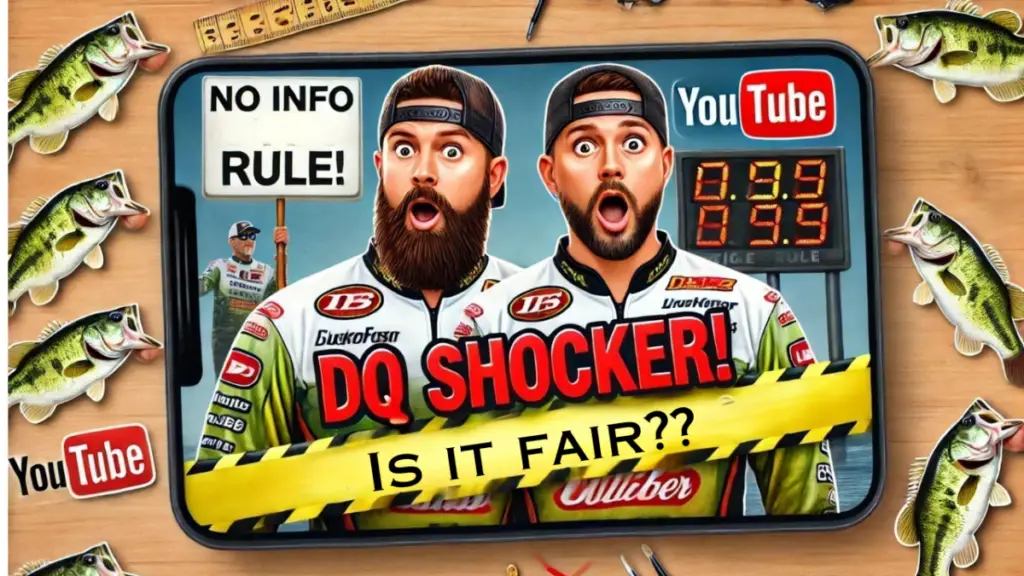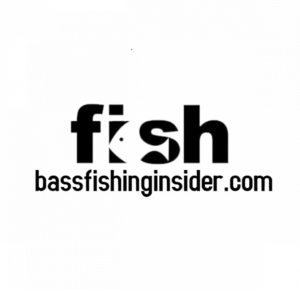
Scott Martin’s disqualification from the Bassmaster Elite Series event at Lake Okeechobee has stirred up plenty of debate. Some argue the “no information” rule is outdated and nearly impossible to enforce in today’s world, while others believe it’s necessary to maintain a level playing field. When a high-profile angler like Martin—along with another veteran, Matt Herren—gets DQ’d, it raises important questions. Is the rule functioning as intended, or does it need a serious overhaul?
The Case for the No-Info Rule
At its core, the no-information rule is designed to protect the integrity of professional fishing. The foundation of competitive angling is figuring out the water for yourself, not gaining an advantage through tips from locals, fellow competitors, or industry insiders. If this rule didn’t exist, tournament results could become less about skill and more about who has the best connections. The risk is that high-level competition could turn into a game of networking rather than angling ability.
Enforcing a hard line also ensures clarity. If B.A.S.S. starts making exceptions, where does it stop? Was an angler simply engaging in ca0⁰sual conversation, or were they subtly seeking out useful details? Did they overhear something by accident, or were they intentionally fishing for information? Without a strict policy, distinguishing between harmless chatter and strategic information gathering becomes a murky, case-by-case judgment call. While the rule might not be perfect, it at least establishes a standard that applies to everyone.
The Case Against the Rule
Despite its intent, enforcing the no-information rule in the modern era is a logistical nightmare. Social media, YouTube, and everyday interactions at marinas, gas stations, and tackle shops make it almost impossible to avoid outside input. What happens if an angler receives unsolicited advice? Should a competitor be disqualified over a conversation they didn’t even initiate?
Then there’s the issue of consistency. This season, Martin and Herren got DQ’d, but how many others have received similar information and never got caught? If the rule isn’t enforced evenly across the board, it raises fairness concerns. Some anglers may follow the rule to the letter, while others may inadvertently (or even deliberately) benefit from gray areas in enforcement. A rule that is inconsistently applied loses its credibility.
Does Intent Matter?
One of the biggest missing pieces in the conversation is intent. Did the angler in question deliberately seek an unfair advantage, or was the information received unintentionally? There’s a difference between an angler making phone calls to local guides and a casual dockside conversation where someone volunteers a fishing tip unprompted.
Should there be different levels of punishment? Maybe an angler who actively seeks out intel deserves a DQ, while someone who passively hears information should face a lesser consequence. Other sports consider intent when enforcing rules—should B.A.S.S. do the same?
That said, under the current rule, even if an angler doesn’t ask for information, they are responsible for shutting the conversation down immediately. If someone starts offering tips about the lake, the angler has to stop them and clearly state that they cannot receive any information. Ignoring that responsibility—even passively—can result in disqualification. This adds another layer of complexity: How do you prove whether an angler shut down an unwanted conversation quickly enough?
Does B.A.S.S. Need to Adapt?
The biggest question is whether professional fishing is evolving beyond the scope of its current rulebook. Nobody wants tournaments to become information wars, but should there be a more practical way to handle situations where anglers receive unsolicited details? If the goal is fair competition, does the current system achieve that, or does it disproportionately punish some while letting others slide?
Some will argue that the rule is fine as it is—break it, even unintentionally, and you pay the price. Others believe the spirit of competitive fishing should be about skill on the water, not avoiding everyday conversations.
What do you think? Should B.A.S.S. stay firm, or is it time to rethink how this rule is enforced?
